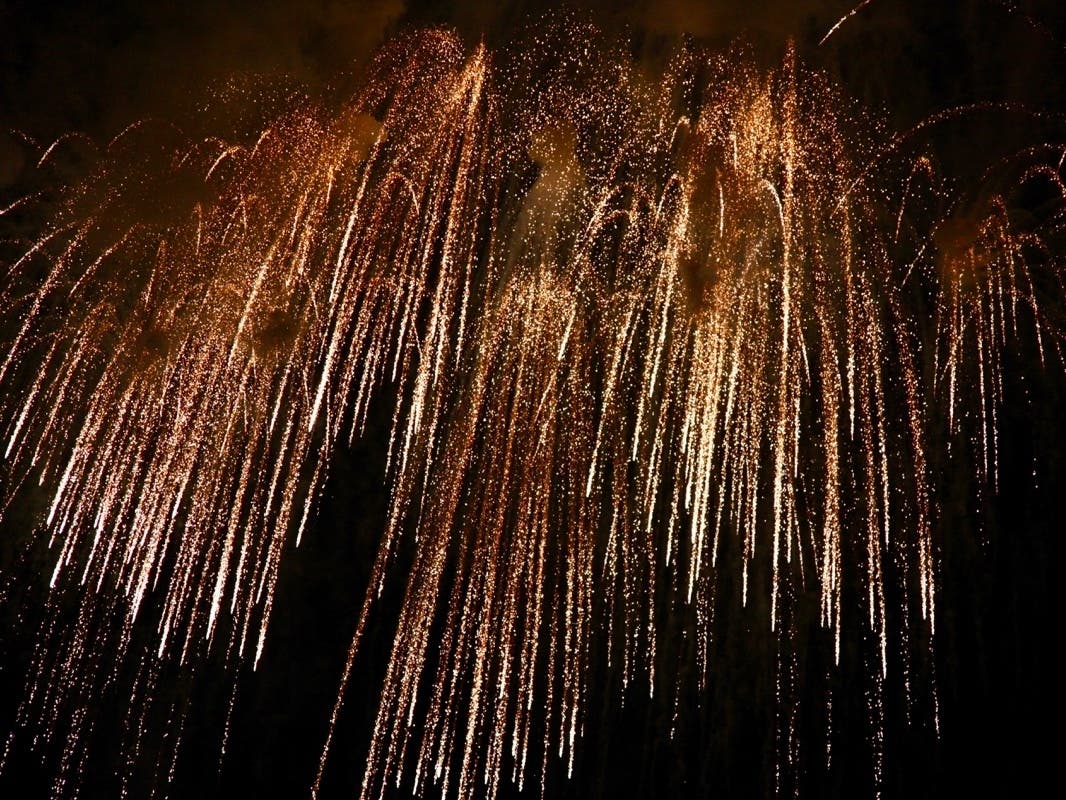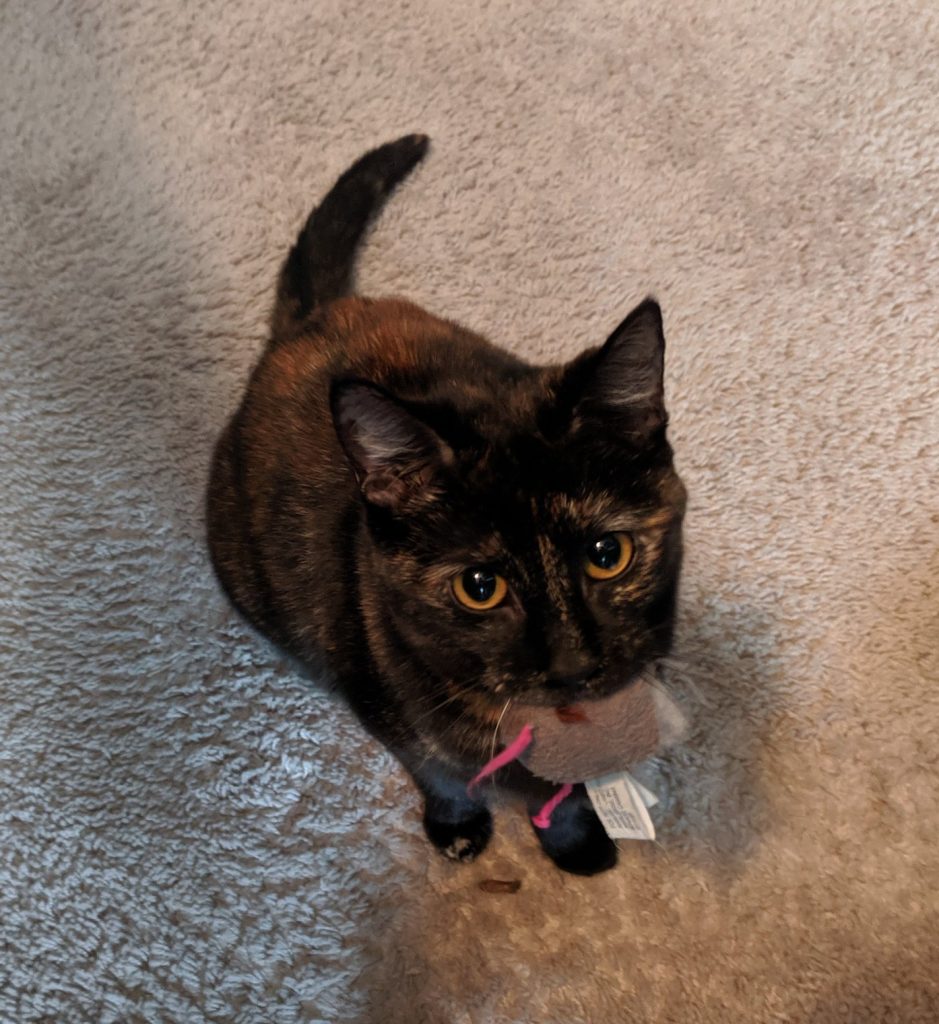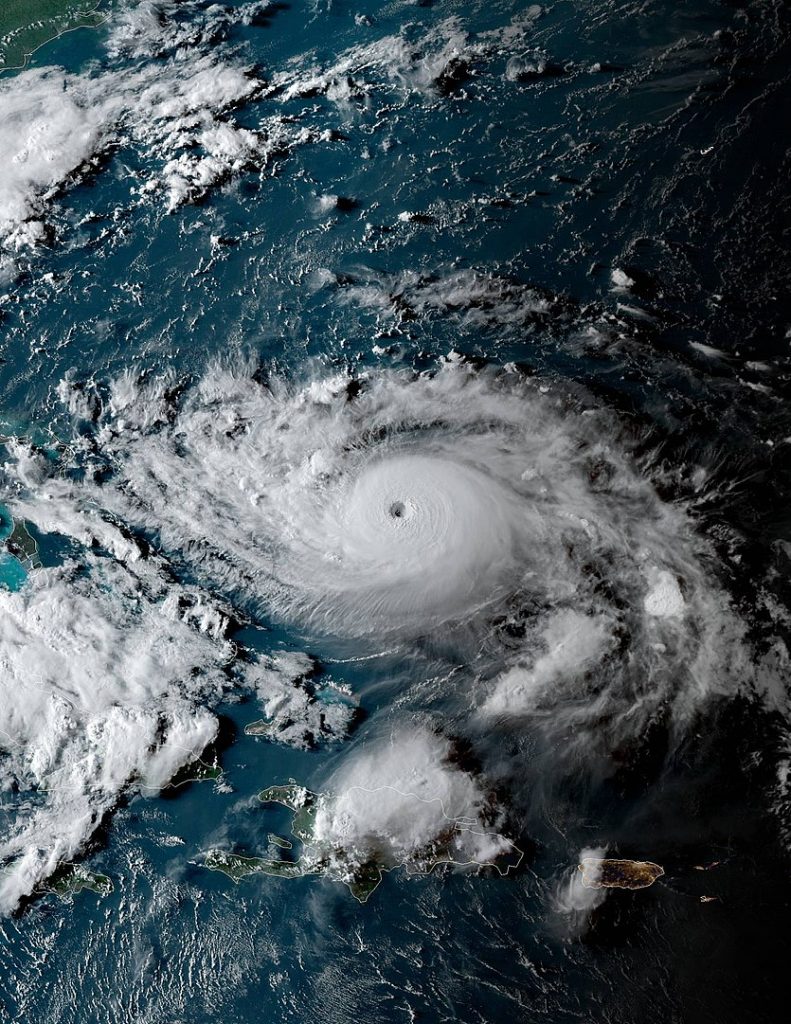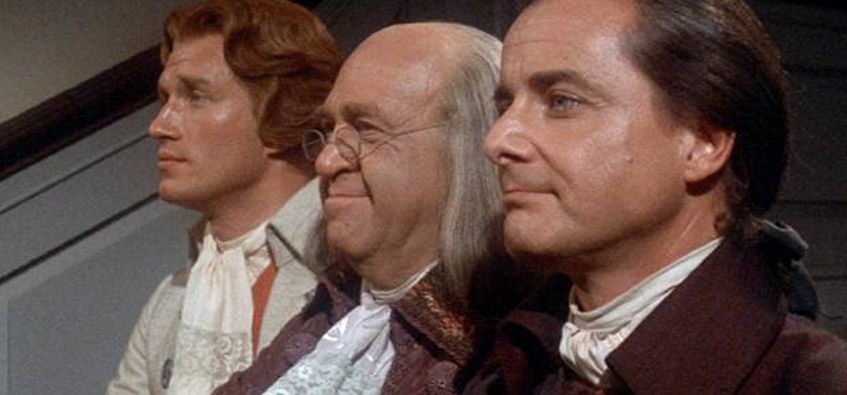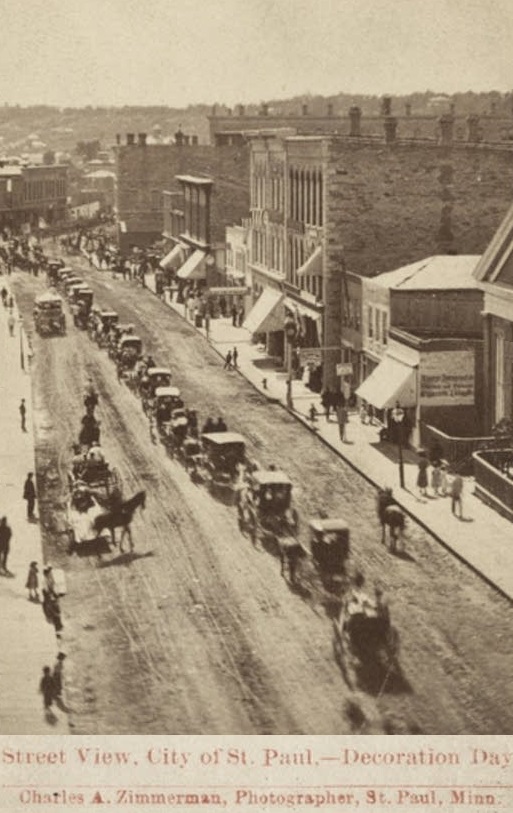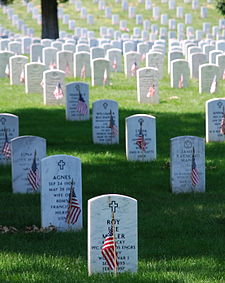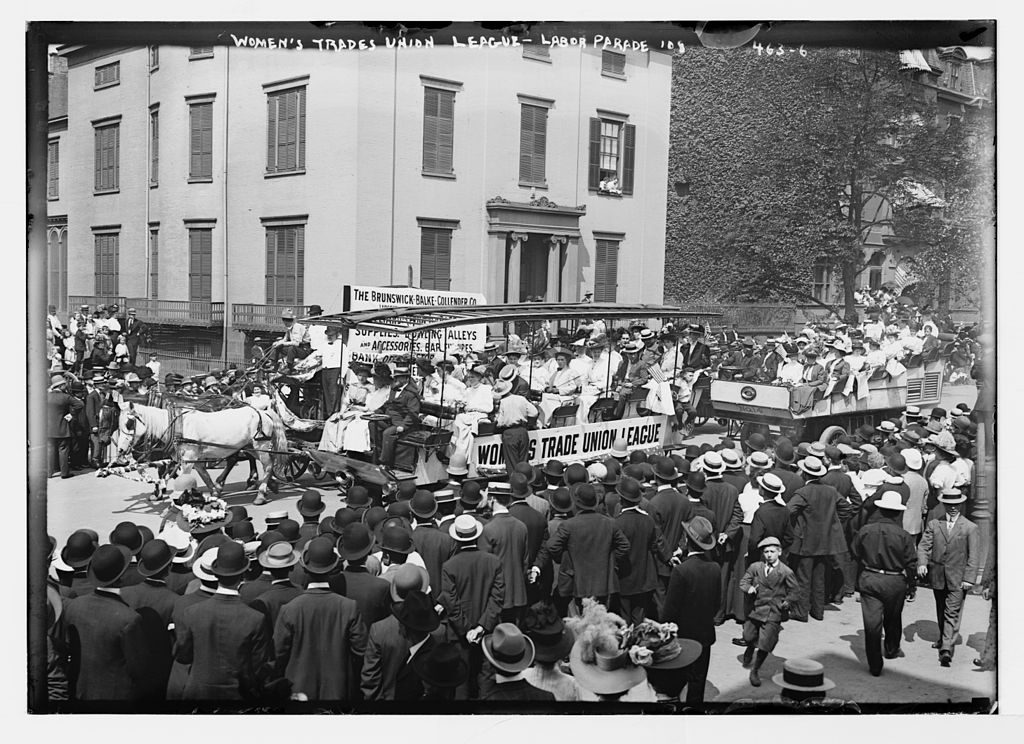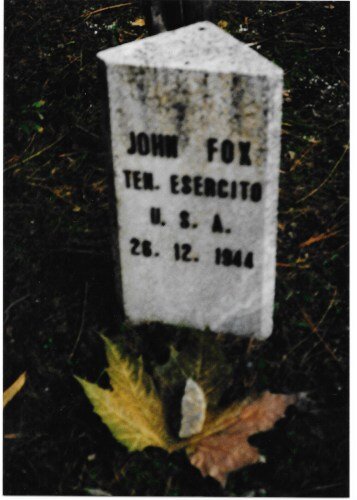
When directing artillery fire, using the phrase “danger close” signifies that the desired target for the fire is close to friendly forces, possibly including the artillery observer — and that the observer is aware of that fact. The distance for a strike to be considered “danger close” varies with the type of weapon, but for artillery it’s at minimum 600 meters. The point of the phrase, of course, is to acknowledge that the request is dangerous but not suicidal.
Calling a strike directly on one’s own position is an evocative act. As a former artillery office put it on Quora: “People who called in artillery, or gunships, or aerial bombs on their own position have been noted to have received EITHER a posthumous Medal of Honor OR… considered to be foolish and excitable at their funerals.” And that makes sense; trying to live to fight another day is better than a heroic sacrifice that accomplishes little.
Of course, some times living to fight another day is not in the cards. Lieutenant John R. Fox found himself in such a position in Sommocolonia, Italy, on 26 December 1944. A group of U.S. soldiers were dug in defending the village against an overwhelming force of the Wehrmacht. Lt. Fox directed artillery fire against the attackers, but eventually his position was about to get overrun with no chance of Fox being allowed to be captured. Consequently, he called down fire on his own position.
As it happened, one of Fox’s best friends, Maj. Otis Zachary, was the gunner. Zachary refused Fox’s request until a colonel ordered that the fire proceed.
After the battle, the villagers were rounded up and made to leave the village. Their priest recalled seeing Fox’s body surrounded by the corpses of a hundred attackers.
Instant Medal of Honor? Not so much:
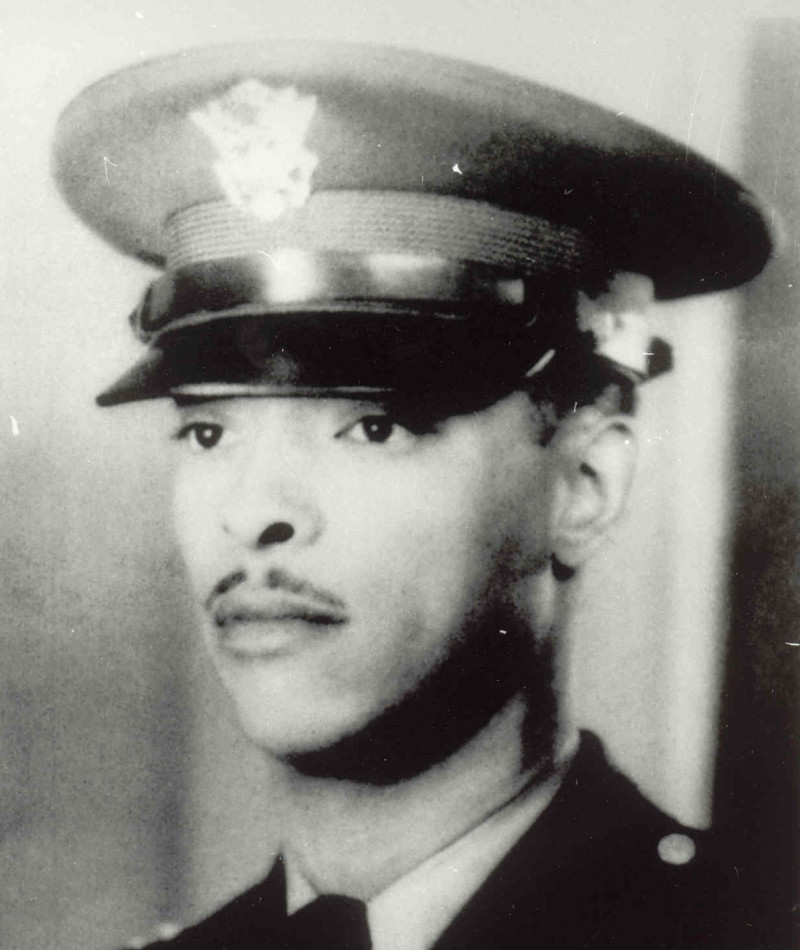
Like many African American soldiers, Lt. Fox’s sacrifice was not recognized at the time. The “Buffalo Soldiers” were, after all, just expected to melt away. Formal desegregation of the army wouldn’t happen for another four years. It took 38 years for him to be awarded a Distinguished Service Medal; 53 to get the Congressional Medal of Honor.
The villagers of Sommocolonia had long acknowledged the sacrifice of the U.S. soldiers in defense of their town, but had it not been for the efforts of the survivors and families of the soldiers, as well as that of author Solace Wales, Lt. Fox may not have been remembered at all.
Remembrance is not a passive act. It takes time and effort to remember, especially of the things that for whatever reasons of prejudice were discounted or intentional forgotten.
On this Memorial Day, remember — actively.



